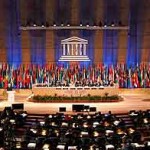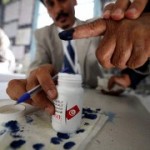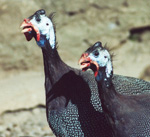Landgrabbing in Ethiopia: Legal Lease or Stolen Soil?
By Philipp Hedemann, IPS | Street News Service. Since 2008 there has been an unprecedented rush to secure farmland in Africa, South America and Asia. The main commodities include sugar cane, maize, rice, wheat, soy, sorghum, sesame, oil seeds, and child labour.
Continue reading →





